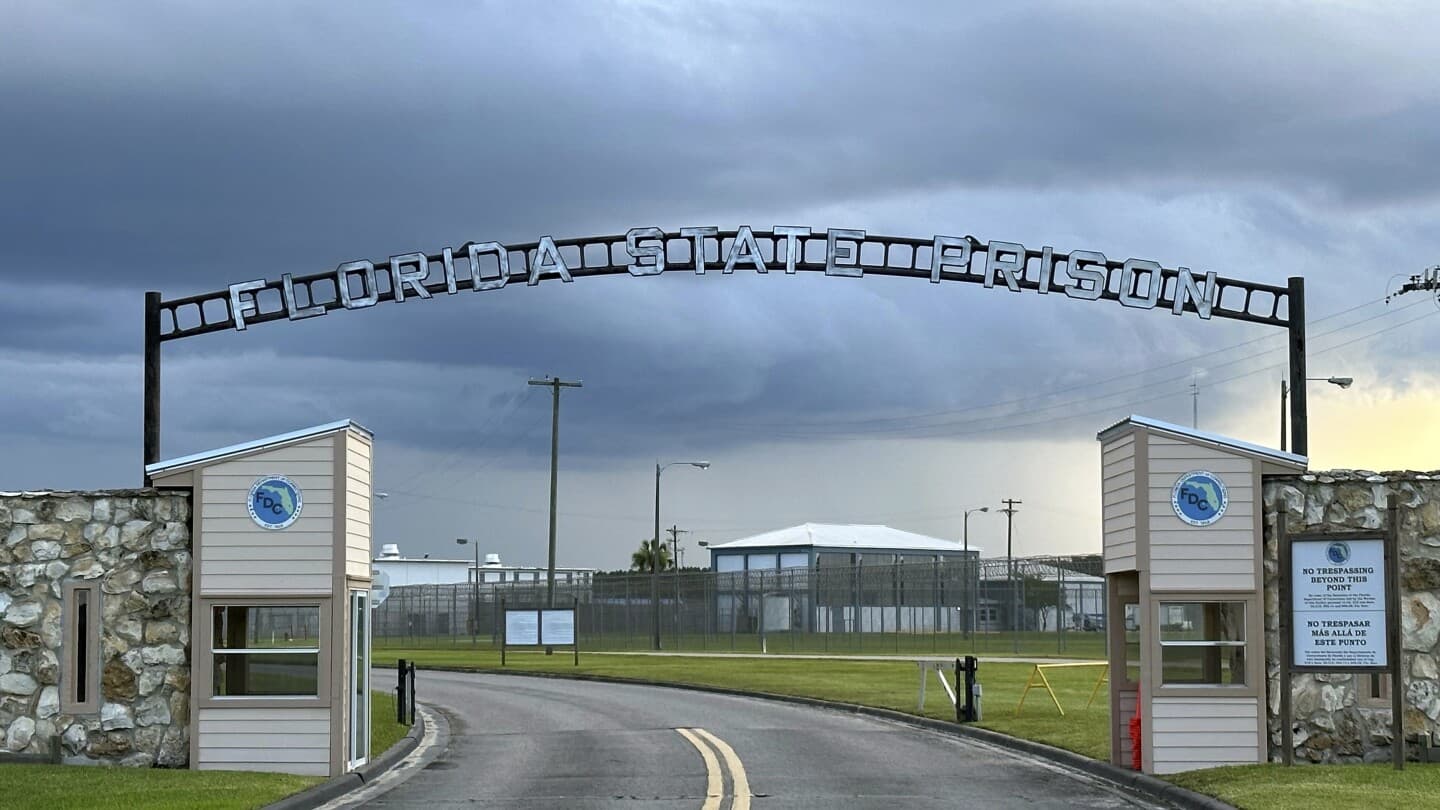We're loading the full news article for you. This includes the article content, images, author information, and related articles.
A recent death warrant in Florida, scheduling the execution of Bryan Fredrick Jennings, highlights a significant increase in capital punishment in the US state, prompting a re-evaluation of Kenya's own complex relationship with the death penalty.

Bryan Fredrick Jennings, 66, is scheduled for execution by lethal injection on Thursday, November 13, 2025, at Florida State Prison. This follows a death warrant signed by Republican Governor Ron DeSantis on Friday, October 10, 2025. Jennings was convicted of the 1979 kidnapping, rape, and murder of 6-year-old Rebecca Kunash.
His execution would mark the 16th in Florida this year, setting a new record for the state since the reinstatement of the death penalty in 1976. Governor DeSantis has overseen more executions in a single year than any other Florida governor in that period. This surge in Florida contributes to a national increase in executions across the United States, with 35 people executed so far in 2025.
In contrast to Florida's active use of capital punishment, Kenya maintains a de facto abolitionist stance, having carried out no executions since 1987. The last individuals executed in Kenya were Hezekiah Ochuka and Pancras Okumu, leaders of the 1982 coup attempt, who were hanged for treason.
Despite this, the death penalty remains a legal punishment in Kenya for crimes such as murder, robbery with violence, and treason. Courts continue to hand down death sentences, with approximately 600 people currently on death row in Kenya.
Capital punishment was introduced in Kenya by the British colonial administration in 1893. Historically, pre-colonial Kenyan communities rarely used death sentences, favouring restorative justice. The colonial penal code mandated the death penalty for murder, treason, and armed robbery.
In recent years, there has been a growing national discourse in Kenya regarding the abolition of the death penalty. The Supreme Court of Kenya, in the landmark 2017 case of Francis Karioko Muruatetu v Republic, declared the mandatory death penalty unconstitutional. This ruling allowed judges discretion in sentencing for capital offenses.
While the death penalty is still enshrined in Kenyan law, the lack of executions for over three decades raises questions about its continued justification within a modern constitutional democratic system. The Kenyan Law Reform Commission recommended the abolition of capital punishment in 2018. However, past governments have cited perceived public support as a reason for its retention.
Research conducted in 2021 by the Death Penalty Project and the Kenya National Commission on Human Rights revealed that while 51% of the Kenyan public initially supported the death penalty, this support significantly decreased when presented with more information, particularly concerning the risk of executing innocent people. When considering the possibility of wrongful convictions, public support for retention dropped to 28%. Furthermore, 90% of opinion leaders surveyed were in favour of abolishing the death penalty.
Many Kenyans believe that innocent people have been sentenced to death, with 61% of respondents in the 2021 study indicating that 'many' or 'some' innocent individuals have faced capital punishment. This concern significantly reduces support for retaining the death penalty.
The continued existence of capital punishment in Kenya's statutes, despite the unofficial moratorium, presents a legal and ethical dilemma. While no executions have occurred for decades, the possibility of lawful executions resuming remains. This also raises questions about the consistency of Kenya's legal framework with international human rights instruments that advocate for the right to life.
The primary controversy in Kenya revolves around the gap between the legal provision for the death penalty and its practical non-application. The government's argument of public support for retention has been challenged by recent research indicating a nuanced and flexible public opinion, with significant openness to abolition.
The Supreme Court's 2017 ruling on the mandatory death penalty was a crucial step. The 2018 recommendation by the Kenyan Law Reform Commission for abolition further signals a potential shift. However, a definitive legislative move to formally abolish capital punishment is yet to be made.
Observers will be watching for any legislative action in Kenya to formally abolish the death penalty, aligning its laws with its practice and the evolving public sentiment. The ongoing global trend towards abolition, with 115 states having formally abolished capital punishment, may also influence Kenya's future policy.
Keep the conversation in one place—threads here stay linked to the story and in the forums.
Sign in to start a discussion
Start a conversation about this story and keep it linked here.
Other hot threads
E-sports and Gaming Community in Kenya
Active 9 months ago
The Role of Technology in Modern Agriculture (AgriTech)
Active 9 months ago
Popular Recreational Activities Across Counties
Active 9 months ago
Investing in Youth Sports Development Programs
Active 9 months ago